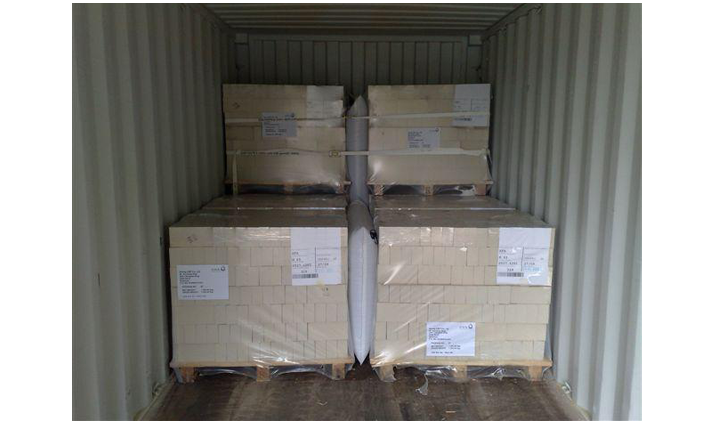
One week after a Town Hall Meeting organised by Ships & Ports on the controversial cargo palletization policy, the Federal Government has announced that loading without pallets of containerised cargoes is now acceptable provided it conform to the packing standard of the manufacturer.
Participants at the Town Hall Meeting, drawn from various government agencies and interest groups in the maritime sector, resolved that mandatory application of the policy on all cargo types would be detrimental to Nigeria’s trading community.
The participants picked hole in the controversial policy, saying it will increase cost of doing business, fuel diversion of Nigeria-bound cargoes to port of neighbouring countries and affect Nigeria’s rating on the Ease of Doing Business Index.
But barely a week after the meeting, the Minister of Finance, Kemi Adeosun, in a circular dated 12th February 2018, stated that with the exception of used automobiles and heavy machinery, any loosely packed new or used items without manufacturers loading and packing prescription should be packed in crates or cartons.
The circular, which was signed by the Director, Home Finance, Mrs Olubunmi Siyanbola on behalf of the Minister, also advised that all containerized cargoes should be loaded neatly to facilitate speedy examination and clearance at the ports by the Nigeria Customs Service.
The Minister, however, insisted that the grace period given up to 31st March 2018 for exemption from palletization policy of goods for which Form ‘M’ had already been established prior to the effective date of 1st January 2018 for full implementation of the policy still remains in force.
The circular reads in part: “Sequel to the series of complaints and requests received from the trading public in respect of the palletization policy contained in the 2017 Revised Import Guidelines, the Addendum to the guidelines of 22nd December 2017 is hereby amended to further strengthen our Ease doing Business drive.
“Consequently, all containerized cargoes coming into Nigeria should comply with:
“International standards for packing/stuffing and loading into the containers.
“Specific packing and stacking standards prescribed by the original manufacturer of the product.
“Dead-pile loading, or loading without pallets of containerised cargoes is acceptable provided it conform to the criteria outlined in paragraph (a-b) above.
“With the exception of used automobiles and heavy machinery, any loosely packed new or used items without manufacturers loading and packing prescription should be packed in crates or cartons a-top pallet accordingly.
“Furthermore, it is advised that all containerized cargoes should be loaded neatly in a manner that will promote safety in facilitate speedy examination and clearance at the ports by Customs Service.
“Failure to comply with the above provisions designed for seamless implementation of the palletization policy, the Nigeria Customs Service (NCS) shall invoke sanctions as prescribed in the Addendum to the 2017 Revised Import Guidelines issued by the Federal Ministry of Finance.
“Note that the grace period given up to 31st March, 2018 for exemption from palletization policy of goods for which Form ‘M’ had already been established prior to the effective date of 1st January 2018 for full implementation of the policy still remains in force.”
Copyright Ships & Ports Ltd. Permission to use quotations from this article is granted subject to appropriate credit given to www.shipsandports.com.ng as the source.